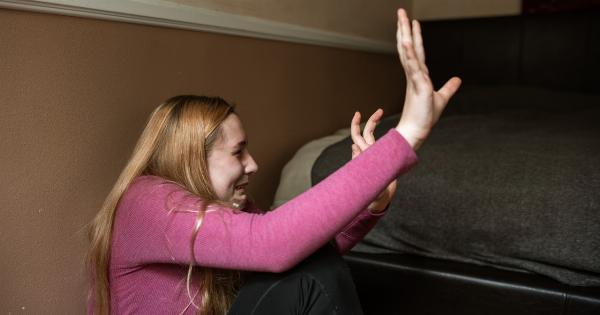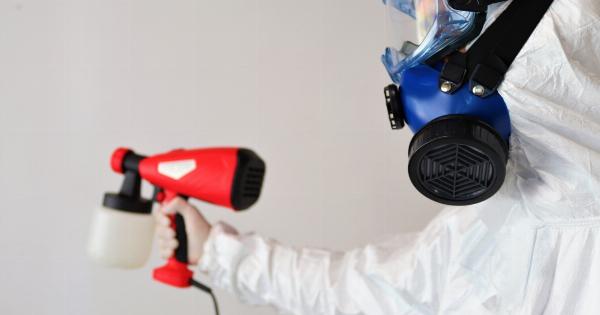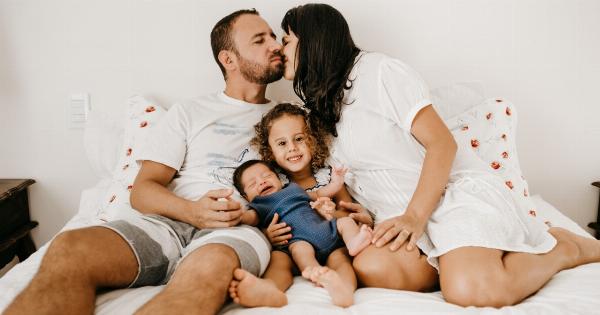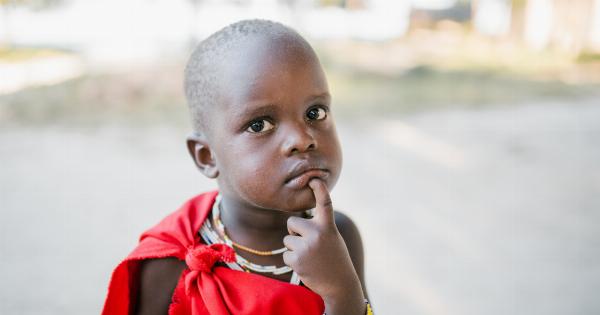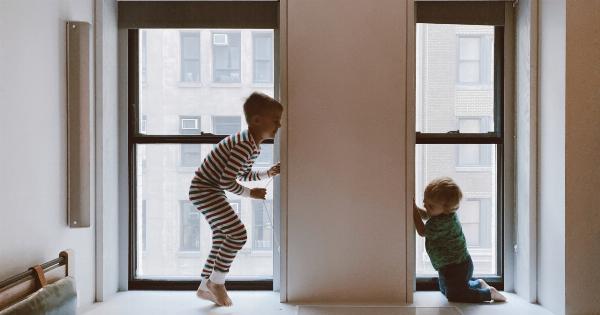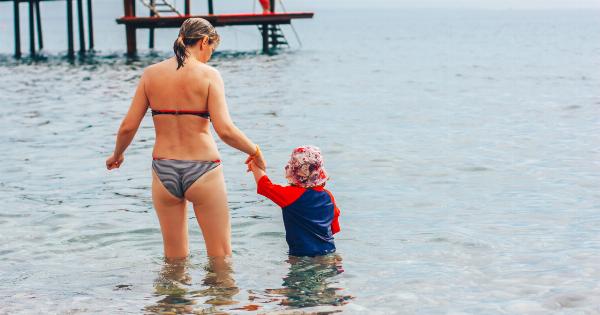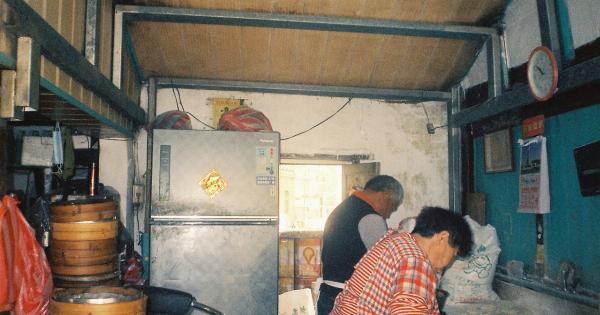As parents, protecting our children from all kinds of harm is a top priority. To ensure their safety, it is important to know how to prevent poisoning in children. Every year, thousands of children are poisoned by ingesting harmful substances.
Some common sources of poisoning include medicines, cleaning products, pesticides, and toxic plants. Here is a comprehensive guide to help you prevent poisoning and keep your children safe.
1. Know the poisonous substances in your home
The first step to preventing poisoning is to know what substances can be harmful to your child. Take a thorough inventory of everything in your home that could be dangerous if ingested, such as:.
- Prescription and over-the-counter medicines
- Cleaning products, including bleach, dishwasher soap, and laundry detergent
- Pesticides, including insecticides and weed killers
- Automotive products, including antifreeze and windshield washer fluid
- Alcohol and tobacco
- Plants, including lily of the valley, oleander, and mistletoe
2. Store poisonous substances securely
Once you have identified all the poisonous substances in your home, make sure to store them securely. Keep them out of sight and out of reach of children. The best way to do this is to use child-resistant packaging for all medications and toxic products.
Be sure to use safety latches on cabinets and drawers where you store dangerous items and keep them locked.
3. Educate your children about the dangers of poisonous substances
Teach your children from a young age about the dangers of poisonous substances and the importance of not touching or ingesting them. Explain to them that some items in the home are for grown-ups only and should be left alone.
4. Keep toxic plants out of reach
If you have plants in your home or garden, make sure to keep any toxic plants out of reach. Store them in an area that is not accessible to your children.
Consider removing them altogether if you have young children who are likely to explore and touch everything in their environment.
5. Take extra precautions during cleaning and cooking
Cleaning and cooking can be hazard-prone activities, especially if you have children around. Always supervise your children when you are using cleaning products or cooking with hot appliances.
Consider using natural, non-toxic cleaning products and keep all cleaning supplies locked away when not in use.
6. Keep the poison control center number handy
Despite all your preventive measures, accidents can still happen. Make sure to keep the Poison Control Center number handy in case of an emergency. The national Poison Control Center phone number is 1-800-222-1222.
Have it posted in a visible location in your home and programmed into your phones in case of an emergency.
7. Take extra precautions when traveling
When traveling, it is important to be aware of any poisonous substances or plants that may be present in your surroundings. Keep any medication or toxic products in their original containers and properly labeled.
If you are staying in a hotel, be extra vigilant about what your children are touching, and inspect your room for any potential hazards before unpacking.
8. Educate babysitters and caregivers
Ensure that babysitters and other caregivers are aware of the dangers of poisonous substances and know how to respond in case of an emergency.
Provide them with the Poison Control Center phone number, and inform them of any precautions they need to take while caring for your child.
9. Be vigilant about food allergens
Allergies can be just as dangerous as poisoning. Be sure to educate yourself about the common food allergens and take extra measures to prevent exposure to them.
Read all food labels carefully before giving food to your child and inform anyone who is caring for your child about any known allergies.
10. Be prepared for an emergency
As a parent, it is important to be prepared for any emergency. Keep a first aid kit handy at all times, and make sure you have the Poison Control Center phone number programmed into your phone.
You may also want to take a CPR or first aid course to be fully prepared in case of an emergency.
Preventing poisoning in children requires education, vigilance, and preparedness. By taking these simple steps, you can help keep your children safe and healthy.






